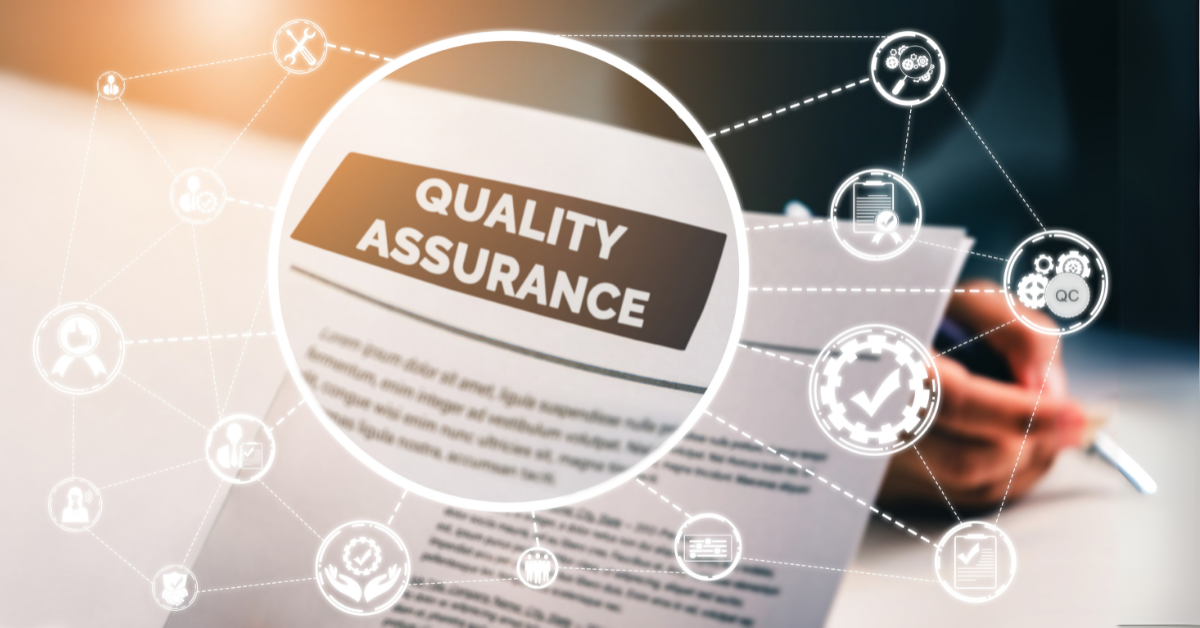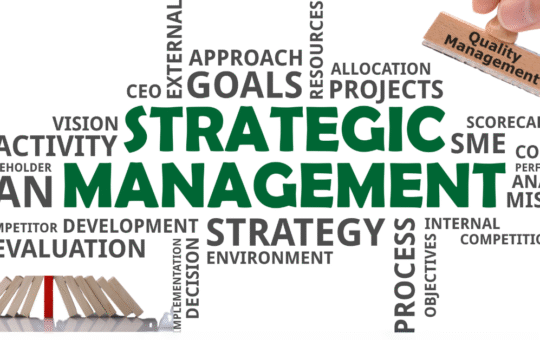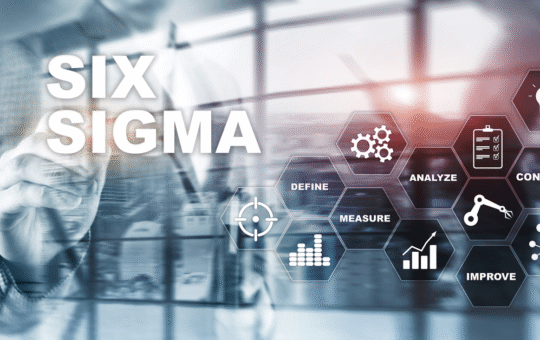
Level 2 Certificate in Quality Assurance in Manufacturing and Production
- Gain a solid understanding of quality assurance principles in manufacturing and production.
- Learn how to identify and prevent defects to maintain product consistency.
- Understand compliance requirements with industry standards and regulations.
- Enhance career opportunities in quality control and production management.
- Understand the principles and importance of quality assurance in manufacturing.
- Learn techniques for inspecting, testing, and evaluating products.
- Gain knowledge of common quality assurance tools and practices.
- Develop skills to identify and address production issues effectively.
- Introduction to Quality Assurance in Manufacturing
- Importance of quality assurance in production.
- Overview of quality management systems in manufacturing.
- Quality Inspection and Testing Techniques
- Methods of testing materials and products.
- Identifying defects and ensuring compliance.
- Tools and Standards for Quality Assurance
- Understanding Six Sigma, Lean principles, and ISO standards.
- Utilizing quality control tools like checklists and control charts.
- Problem-Solving in Production
- Techniques for identifying root causes of defects.
- Implementing corrective actions to maintain quality.
- Advance to Level 3 Certificate in Quality Control and Process Improvement.
- Pursue roles such as Quality Assurance Inspector, Production Supervisor, or Manufacturing Technician.
- Contribute to continuous improvement initiatives in manufacturing environments.
- Industry-Aligned Curriculum: Course content tailored to the needs of modern manufacturing sectors.
- Experienced Trainers: Learn from professionals with expertise in quality assurance and production.
- Hands-On Learning: Blend of theoretical knowledge and practical applications.
- Recognized Certification: Boost your credentials in the manufacturing and production industry.
Study Units
- Introduction to Quality Assurance in Manufacturing
- Importance of quality assurance in production.
- Overview of quality management systems in manufacturing.
- Quality Inspection and Testing Techniques
- Methods of testing materials and products.
- Identifying defects and ensuring compliance.
- Tools and Standards for Quality Assurance
- Understanding Six Sigma, Lean principles, and ISO standards.
- Utilizing quality control tools like checklists and control charts.
- Problem-Solving in Production
- Techniques for identifying root causes of defects.
- Implementing corrective actions to maintain quality.
By completing this course, learners will:
- Understand the principles and importance of quality assurance in manufacturing.
- Learn techniques for inspecting, testing, and evaluating products.
- Gain knowledge of common quality assurance tools and practices.
- Develop skills to identify and address production issues effectively.
The Level 2 Certificate in Quality Assurance in Manufacturing and Production is designed for individuals who are looking to develop a strong foundation in quality assurance practices within manufacturing and production environments. This course is ideal for:
Quality Assurance Professionals
Individuals working or aspiring to work in quality assurance roles within the manufacturing sector, looking to enhance their knowledge of inspection, testing, and evaluation processes.
Production Supervisors and Managers
Professionals responsible for overseeing production processes who want to ensure product quality and consistency, improve processes, and maintain compliance with industry standards.
Manufacturing Technicians
Technicians seeking to gain skills in quality control, inspection, and testing techniques to ensure product quality in production environments.
Process Improvement Enthusiasts
Individuals interested in learning about Six Sigma, Lean principles, and other quality management tools to improve production processes and reduce defects in manufacturing.
New Entrants in Manufacturing
Those new to the manufacturing industry who wish to learn fundamental quality assurance techniques and practices as they begin their career.
Compliance and Regulatory Professionals
People tasked with ensuring that production processes meet industry standards and regulatory requirements, looking to deepen their understanding of quality assurance in manufacturing.
Our assessment process is designed to ensure every learner achieves the required level of knowledge, skills, and understanding outlined in each course unit.
Purpose of Assessment
Assessment helps measure how well a learner has met the learning outcomes. It ensures consistency, quality, and fairness across all learners.
What Learners Need to Do
Learners must provide clear evidence that shows they have met all the learning outcomes and assessment criteria for each unit. This evidence can take different forms depending on the course and type of learning.
Types of Acceptable Evidence
Assignments, reports, or projects
Worksheets or written tasks
Portfolios of practical work
Answers to oral or written questions
Test or exam papers
Understanding the Structure
Learning outcomes explain what learners should know, understand, or be able to do.
Assessment criteria set the standard learners must meet to achieve each learning outcome.
Assessment Guidelines
All assessment must be authentic, current, and relevant to the unit.
Evidence must match each assessment criterion clearly.
Plagiarism or copied work is not accepted.
All learners must complete assessments within the given timelines.
Where applicable, assessments may be reviewed or verified by internal or external quality assurers.
Full learning outcomes and assessment criteria for each qualification are available from page 8 of the course handbook.
Top Courses
Related Courses
Let's Get in touch
Deleting Course Review
Course Access
This course is password protected. To access it please enter your password below:



